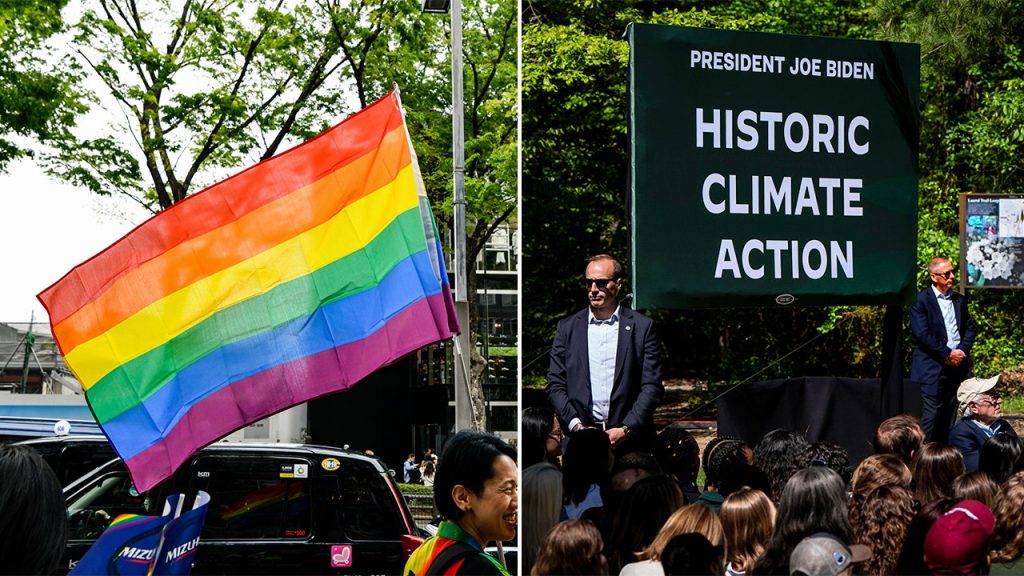A new report from the UCLA School of Law suggests that same-sex couples in the U.S. are more vulnerable to the threats of climate change compared to straight couples, as they are more likely to live in communities with subpar infrastructure and limited resources. This could make them less prepared to handle natural disasters and climate disruptions, putting them at greater risk. Lawmakers and disaster relief service providers are advised to provide relief without discrimination based on sexual orientation or gender identity, including ensuring access to HIV medications and financial support for LGBTQ+ individuals and families who may be displaced.
The report also recommends policies that address discriminatory housing practices and provide economic relief for LGBT people, in order to enhance the resilience of these communities to climate events. Using data from the U.S. Census, NASA, and FEMA, UCLA’s report presents a geographic analysis of the climate risks faced by LGBTQ+ couples in the country. Researchers also suggest expanding surveys to include a wider range of sexual orientations and gender identities to improve assessment of climate risk for LGBTQ+ individuals.
Homosexual couples, according to the report, are more likely to be located in coastal areas and cities, which makes them more vulnerable to certain hazards. This demographic is disproportionately represented in regions with impervious surface areas, high housing density, and low-lying infrastructure. Various organizations and government departments in California have highlighted the link between inadequate housing and climate change, warning about the potential increase in homelessness and housing insecurity due to natural disasters like floods and wildfires.
In recent years, reports and articles have highlighted how environmental and climate injustices affect the LGBTQ+ community, shedding light on the specific challenges faced by this demographic. President Biden’s administration has launched initiatives like the American Climate Corps, aimed at mobilizing Americans for conservation and eco-friendly projects across the country as part of broader Earth Day actions. The program is intended to provide opportunities for individuals to work on addressing the climate crisis, gaining skills for the clean energy and climate resilience workforce.
As part of its Earth Day announcements, the White House unveiled regulations blocking off federal land from oil drilling and allocated $7 billion in grants for solar projects at the state level. The American Climate Corps is set to deploy its first class in June 2024, with the goal of making it easier for Americans to contribute to climate solutions while developing skills for the future clean energy workforce. The administration aims to establish Biden as one of the strongest conservation presidents in American history through his ambitious land and water conservation agenda.
The connection between climate change and the LGBTQ+ community is a growing area of concern, with reports and studies highlighting how vulnerable this demographic is to environmental disasters. Efforts are being made at both the state and federal levels to address this intersection, including initiatives to support LGBTQ+ individuals and families in facing the impacts of climate change. By raising awareness and implementing policies that promote equality and resilience, progress can be made towards protecting the rights and well-being of LGBTQ+ communities in the face of climate challenges.


